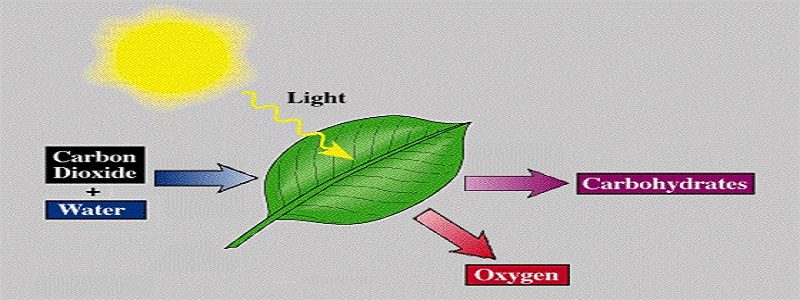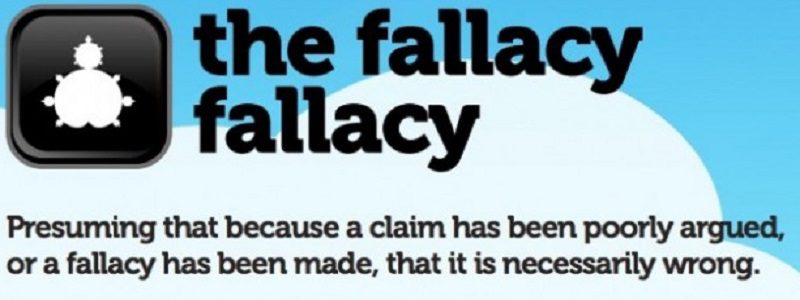Information Clustering & Understanding Photosynthesis
Overview
Photosynthesis is one of the most essential natural processes studied in biology. Students can understand very little about plants, trees, vegetation, and crops without understanding the process by which they convert sunlight and its energy, in combination with carbon dioxide and water, into carbohydrates and oxygen (and a bit of gaseous water).
This activity builds students’ understanding of the process of photosynthesis by having them cluster information about the process of photosynthesis, having them critique other students’ information clustering, and then finally having them respond to other students’ critiques.
Logical Fallacies: Teaching Reasoning Skills by Examining Their Absence
Many, perhaps most, critical thinking and argumentation textbooks discourage teaching logical fallacies as a stand-alone unit. John Bean, for example, in his Engaging Ideas: A Professor’s Guide to Integrating Writing, Critical Thinking, and Active Learning in the Classroom (John Wiley & Sons, 2011), cautions that students will readily forget the names and definitions of logical fallacies when learned in the abstract, and that they are best learned when blended instruction focused on argumentation about specific content.
I’ve always been persuaded by this position and we recommend it in our work with middle and high school teachers. Acquire a facility with the various types of logical fallacy, and invoke them when most applicable in your regular argument-based instruction. Still, no pedagogical guideline like this should be viewed as an absolute rule, and recently we’ve come across a website that might help teachers elevate the place of logical fallacies in their effort to improve their students’ reasoning skills.
Shaping Arguments on Whether We Face a Severe Shortage of Global Natural Resources
Overview
There are 7.5 billion people in the world today. In little more than 10 years, those who study population trends tell us that there will be 8.5 billion people, and a substantially higher percentage of them will be what Americans would identify as “middle class,” with the concomitant demand for natural resources to support their comfortable lifestyle. A dominant environmental problem of our time is climate change, but there are even more long-standing questions over whether the world is running out or has acute shortages of natural resources (such as water, energy, food) that haven’t gone away just because they have been eclipsed in media coverage and American public consciousness by global warming.
This argument-based project focuses on the issue of global shortages of fundamental natural resources for the world’s population, now and in the near future. This project addresses a set of Next Generation Science Standards, the specifics of which depend on the grade level in which it is implemented, along with literacy standards, such as those in the Common Core. It applies the Shaping Arguments format, which we’ve introduced as a format that can be used for highly accessible, non-academic topics as a means of increasing students’ comfort-level with argument language, forms, and practices, but (as this project demonstrates well) can also be used with standard academic content.
Strategies for Getting Students Arguing in Evolutionary Biology
This is a small set of recommendations for incorporating – or upgrading the presence of – academic argument and argumentative literacy in  a high school biology course’s evolution unit. Argument-Centered Education is working with partner schools on designing and implementing several of these strategies currently. Each of these strategies is directly aligned with the Next Generation Science Standards, as we demonstrate below.
a high school biology course’s evolution unit. Argument-Centered Education is working with partner schools on designing and implementing several of these strategies currently. Each of these strategies is directly aligned with the Next Generation Science Standards, as we demonstrate below.
Including Argumentation at the Invention Convention
Invention Convention is an education non-profit in Ohio that sponsors and organizes a STEM program in which (mainly but not exclusively middle school) students use basic principles of engineering and science to create their own invention that addresses a problem or gap in the marketplace that they have observed in their everyday lives. The program’s success is founded on both the practical and hands-on mode in which students actually produce a prototype invention, and of the open-mindedness and creativity that it fosters in students.






